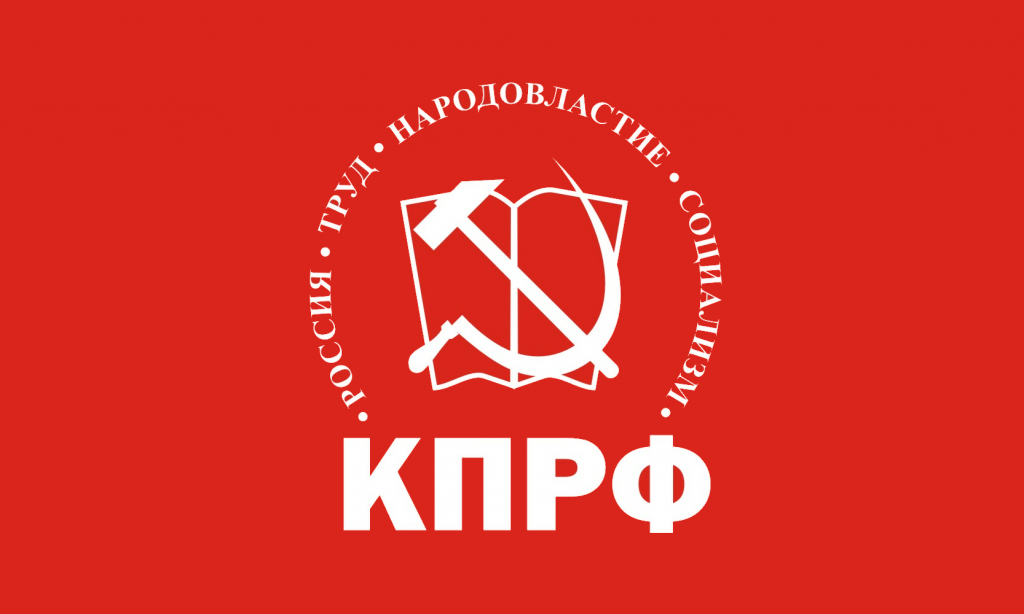Difference Between Bolsheviks and Soviets
Introduction:
Bolsheviks literally meaning majority in Russian, was the dominant faction of the Russian Social Democratic Labour Party. The Bolsheviks, founded in 1905 by Vladimir Lenin, came to power in Russia in1917 during the famous ‘October revolution’, and established Russian Soviet Federative Socialistic Republic, which was the chief construct of the Soviet Union. The party ultimately christened to Communist Party of Soviet Union. The party workers were governed by the principle of democratic centralism, the core theme of a communist party structure.
In pre-revolutionary Russia, the term ‘Soviet’ referred to a local revolutionary council, and after formation of Soviet Union, the term meant an elected body at local, regional, and state levels.
Differences:
1. Prior to 1914 there were wide-spread discontent among Russian peasants due to high rent of land, and among the workers due to prolonged depression and unemployment in the economy. The Tsarist regime became hugely unpopular due to its undemocratic and repressive methods of functioning. These provided fodder to the Russian Social Democratic Party, of which Bolsheviks were a part. Later Bolsheviks split from the parent party to undertake their own manifesto.
2. Soviets believed in non violent movement as means of change, and emphasised on a capitalist development and formation of a democratic government. On the other hand Bolsheviks under Lenin idealised in illegal organisations and armed struggle as the ultimate means to achieve change.
3. The ideology of the Soviets was a society in agrarian structure, where the peasants would be the owners of land they cultivated & the society would be in the form of village commune. The Bolsheviks, on the other hand, dreamt and propagated industrial form of socialism where the workers’ council would form the Supreme Soviet. The Soviet Revolutionaries ultimately split into two parts, Right SR and Left SR. The Right SR were close to Mensheviks in their concept of socialism and Left SR came close to Bolsheviks and became part of the first Bolsheviks led Communist government of Russia in1917 in which Trotsky was elected as president.
4. The Soviets argued that an attempt to immediately install socialism in Russia would be fruitless as the working class would face the hardship in effect. But the outbreak and spread of civil war forced the Bolsheviks to tread the path of immediate socialism in Russia.
5. In the year 1914 Russia’s war against Germany was supported by the Soviets. Bolsheviks not only condemned and opposed the government, but also took help of the Socialist Party of Great Britain to showcase their view on the Soviet’s decision of war.
6. The Soviet revolutionaries’ movement & agitation were scattered, incoherent, and sometimes self-contradictory, whereas the Bolsheviks displayed more coherence, sustainability, and determination in their agitation.
7. The Soviets as revolutionary never undermined the interest of the under-privileged class, whereas, the Bolsheviks subordinated the interest of the working class to the methodology of revolution.
8. Bolsheviks favoured a party of disciplined, radical, and professional members, whereas Soviet revolutionaries emphasised on a mass-based liberal party.
9. Lenin’s view was that proletariats must lead the movement against the Tsarist regime and that dictatorship of proletariat must be established. The Mensheviks and Soviets denounced the theory and argued that direct transition from a backward state to dictatorship was not possible and that a bourgeois class must be created in between.
10. While in power, the Bolsheviks under Lenin’s guidance put workers’ power under state power. Industrial workers were exposed to military discipline, labour book was introduced, and labour desertion was considered as punishable offence. Mensheviks opposed this move and argued that to make revolution truly bourgeois, the workers and trade unions should be left free from state control.
11. During1922, with the end of civil war, the Bolshevik-led government encouraged state controlled capitalism. All big industries were under direct state control, smaller industries and agriculture were run on cooperative basis. The socialists vehemently opposed this move arguing that a socialistic society should be free of any capitalistic element.
Summary:
1. Bolsheviks were part of Soviets who later split to pursue their own manifesto.
2. Bolsheviks believed in armed struggle, whereas Soviets believed in non-violent means.
3. Bolsheviks propagated industrial form of socialism, but Soviets believed in agrarian form of socialism.
4. Soviets believed in smooth transition of society, Bolsheviks emphasised on immediate transition.
5. Bolsheviks’ movement was more organised than that of Soviet revolutionaries.
6. In 1944 Russia’s war against Germany was supported by Soviets, but opposed by Bolsheviks.
7. Unlike Soviets, Bolsheviks gave more importance to methodology of revolution than the interest of proletariats.
8. Bolsheviks favoured radical party members, Soviets preferred more liberal members.
9. Unlike Soviets Bolsheviks did not believe in creation of a bourgeois class in the process of transition.
10. Bolsheviks while in power, put trade unions under state control, which was opposed by Soviets.
11. Bolsheviks tried to impose state controlled capitalism, whereas Soviets opposed arguing that socialism should be devoid of any element of capitalism.
References:
1. The Bolsheviks and Soviets: Retrieved from www.marxists.org
2. The Socialist Party of Great Britain: Retrieved from www.worldsocialism.org
3. Bolshevism & Menshevism: Retrieved from www.inflowplease.com
- Difference Between Vascular Cambium and Cork Cambium - November 1, 2023
- Difference Between DevOps and Developer - September 10, 2023
- Difference Between Acute Gastritis and Chronic Gastritis - April 3, 2023
Search DifferenceBetween.net :
1 Comment
Leave a Response
References :
[0]http://en.wikipedia.org/wiki/Communist_Party_of_the_Russian_Federation


“In 1944 Russia’s war against Germany was supported by Soviets, but opposed by Bolsheviks.”
Is this date right?